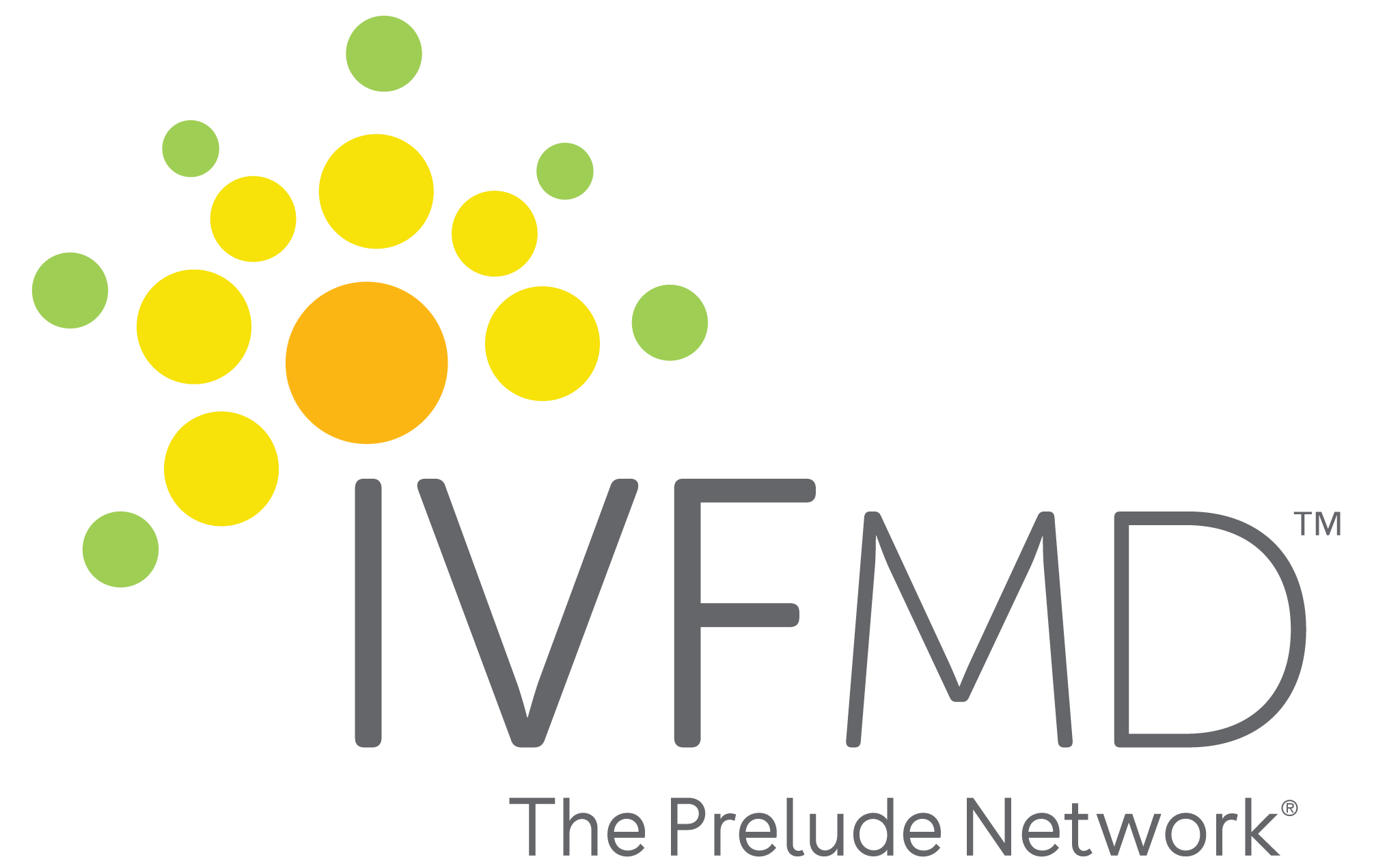FAQs
Should I freeze my eggs?
There are many reasons why women decide to freeze their eggs. Regardless of whether you are considering egg freezing for lifestyle-related or medical reasons, the first step is to evaluate your fertility.
IVFMD offers basic screenings, such as hormone and AMH blood testing, as well as ultrasounds to count your follicles, which can help you decide if egg freezing is right for you.
What is the ideal age for a woman to freeze her eggs?
Eggs are at their best quality and quantity during a woman’s 20s and early 30s, making it the best time to undergo oocyte cryopreservation.
A woman is born with all of the number of eggs she will ever have, and over time, they diminish in number and quality. This decline in quality explains why a woman in her 40s has only a 5% chance for becoming pregnant each month, and her eggs have an increased chance for aneuploidy (an abnormal number of chromosomes) after age 45.
Despite this, the uterus is still capable of carrying a child well into a woman’s 40s, making healthy, frozen eggs a great solution for achieving pregnancy later in life.
What is the process to retrieve a woman’s eggs for freezing?
The total time from stimulation start to egg retrieval is usually 12 days. In order to prepare the eggs for retrieval, the patient will have frequent office visits, during which she will undergo hormone treatments to promote egg maturation and be monitored for progress and safety.
Once the eggs have adequately matured, they are removed with a needle through the vagina under ultrasound guidance. This procedure is done under intravenous sedation and pain control and is usually well tolerated. The eggs are then immediately flash frozen through a process called vitrification, which prevents crystallization, before storing.
Following egg retrieval, the woman goes home and requires no further treatment until she decides to use her frozen eggs.
Will I experience any symptoms after retrieving my eggs?
A menstrual period will occur approximately 2 weeks after the retrieval.
How long do frozen eggs last?
Eggs can remain frozen and be viable for use for many years.
What do I do when I’m ready to get pregnant using my frozen eggs?
When the patient is ready to use her frozen eggs to attempt pregnancy, the eggs are thawed, injected with a single sperm to achieve fertilization (done through a process referred to as ICSI) and transferred to the uterus as embryos.
If I decide I will not use my frozen eggs or no longer need them, can I donate them to another aspiring parent?
Yes! IVFMD has a flourishing egg donation program and is always accepting donor applications. Please click here to learn more.
Additional lab testing may be required to donate.
Schedule a Consultation for Egg Freezing in South Florida
Fertility preservation via egg freezing can assist you in building a family well into the future, or preserve your fertility options after a cancer diagnosis. Our fertility specialists can evaluate your health to see if egg freezing is right for you. Fill out our new patient form, and we will promptly contact you to schedule your consultation at one of our fertility clinics in Miami, Boca Raton, Cooper City, Naples, or Viera, FL
For more information, please fill out our online contact form or call us toll free at 1 (866) 483-6366.


